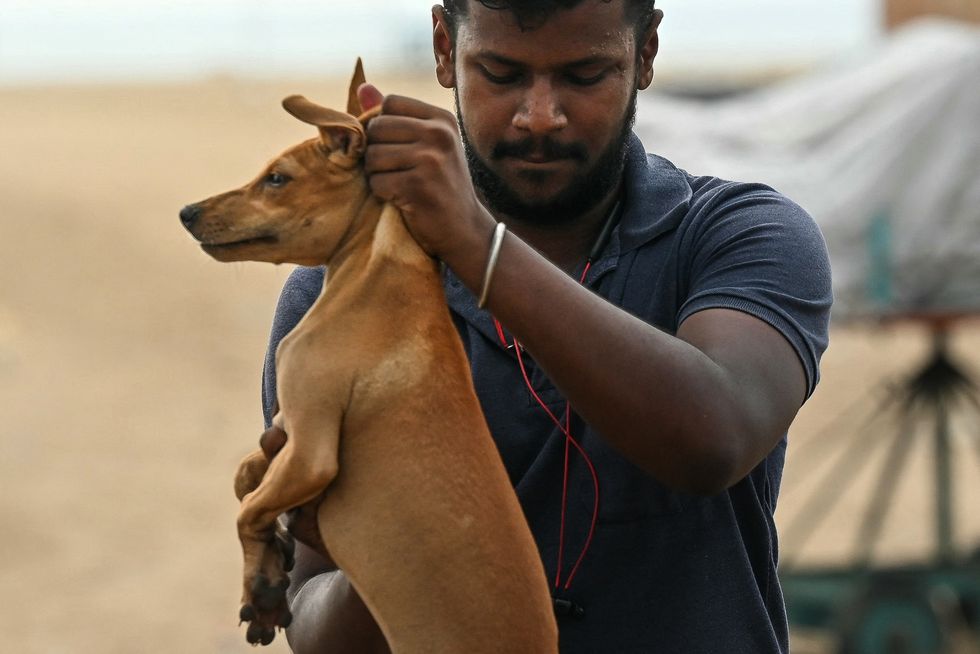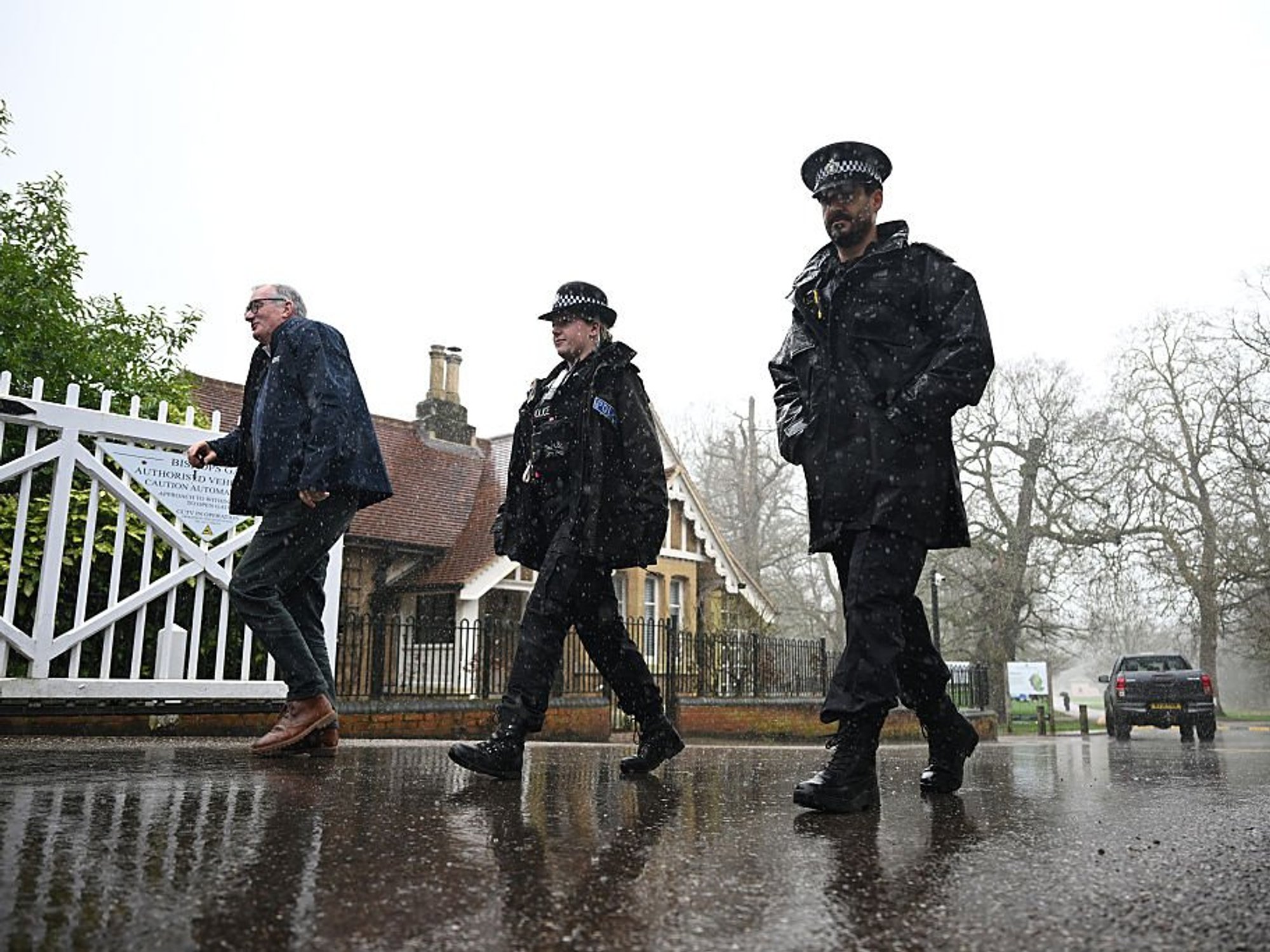Briton dies after contracting rabies from stray dog while on holiday in Morocco

NHS blasted for paying middle management eye-watering salaries - 'The optics are dreadful!' |
GBN

The incident marks a rare occurrence of the disease in Britain
Don't Miss
Most Read
A Yorkshire resident has died from rabies following contact with a stray dog while holidaying in Morocco.
The UK Health Security Agency (UKHSA) confirmed the fatal case, marking a rare occurrence of the disease in Britain contracted through exposure abroad.
Rabies is an uncommon but potentially fatal disease typically transmitted through bites or scratches from infected animals.
The virus proves almost invariably fatal after symptoms develop. However, prompt vaccination and medical intervention following exposure can prevent the infection from taking hold.

The UK Health Security Agency confirmed the fatal case
|GETTY
The Briton, who is understood to hail from Barnsley, was diagnosed at Barnsley Hospital after coming into contact with an infected canine during their visit to the North African destination.
The UKHSA has said there is no risk to the wider public, as rabies is not transmissible between people.
As a precautionary measure, however, health workers and close contacts to the victim have been medically assessed.
The deadly virus is spread through the saliva of infected animals, with transmissions to humans occurring through bites.
LATEST DEVELOPMENTS:
Cows, cats and foxes are all able to carry the virus, but it is most often spread to people through stray dogs in developing countries.
The initial signs of rabies are similar to those of the influenza virus.
Subsequently, patients may report fever, headache, nausea, vomiting, agitation, anxiety, difficulty swallowing and excessive saliva.
In some cases, an infected individual may develop a fear of swallowing liquids or may suffer hallucinations and paralysis.

Rabies is generally transmitted from dogs to humans in developing countries
|GETTY
Britons can get vaccinated against the virus through the NHS, with those at higher risk of infection from travel encouraged to do so.
"The rabies vaccine is not routinely given as part of the NHS vaccination schedule," states the health body.
"It's only recommended for people at risk of getting rabies, including some people travelling abroad and people at risk through their work."
Dr Katherine Russell, head of emerging infections and zoonoses at the UKHSA, said: "I would like to extend my condolences to this individual’s family at this time.
"If you are bitten, scratched or licked by an animal in a country where rabies is found, then you should wash the wound or site of exposure with plenty of soap and water and seek medical advice without delay in order to get post-exposure treatment to prevent rabies.
"There is no risk to the wider public in relation to this case.
"Human cases of rabies are extremely rare in the UK, and worldwide there are no documented instances of direct human-to-human transmission."
There have been no human cases of rabies contracted from animals in the UK, other than bats, since 1902.
Between 2000 and 2024, six cases of rabies diagnosed in the UK were linked to exposure abroad. The virus is more common in other parts of the world, particularly Asia and Africa.










